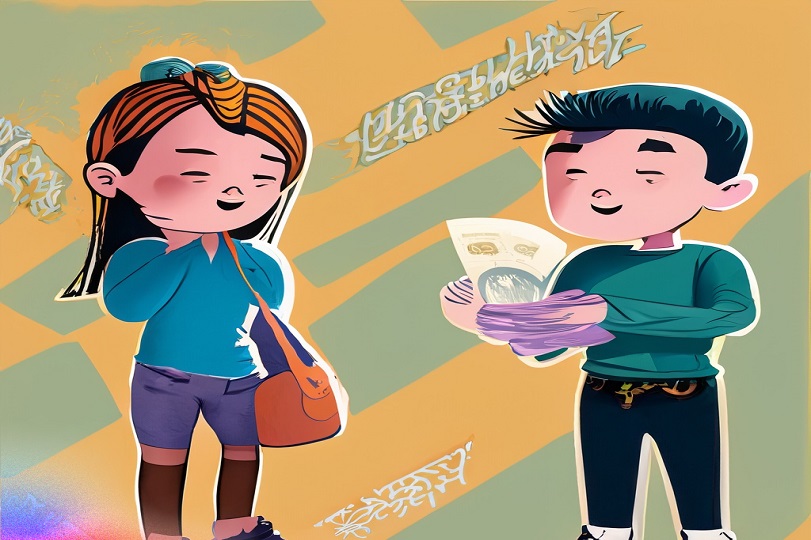Accumulating debt early in life can burden teenagers and young adults for years. With student loans, credit cards, and other expenses, it’s very common for youth to carry debt nowadays. But going into debt isn’t inevitable – with some diligence, teens can adopt smart money habits and avoid the pitfalls of owing money.
This article covers the common causes of teenage debt, the dangers it poses, and actionable strategies youth can implement to maintain financial freedom. Follow these practical tips to get through your teenage years debt-free!
Common Causes of Teenage Debt
Here are some of the most frequent sources of debt facing teenagers today:
- Credit Cards – It’s easy to overspend with plastic. Carrying balances and accruing interest quickly leads to mounting card debt.
- Student Loans – Loans used to pay for college tuition, housing, textbooks, and other education costs often burden graduates for years.
- Medical Bills – Even routine healthcare like braces can be expensive without insurance. Unpaid medical bills get sent to collections.
- Personal Loans – Predatory payday loans or loans from non-reputable lenders hook teens with ultra-high interest rates and balloon payments.
- Overspending – An inability to budget and track expenses pushes teens to rely on borrowing to fund lifestyles beyond their means.
- Peer Pressure – The need to fit in and mimic friends’ spending on clothes, electronics, entertainment, and status symbols promotes debt.
The Serious Dangers of Early Debt
Taking on debt as a teenager can lead to the following consequences:
- Sets Bad Habits – When debt seems normal early on, responsible money management becomes harder over time.
- Hurts Credit Scores – Unpaid debts get reported to credit bureaus, damaging creditworthiness for big future purchases like cars and homes.
- Accumulates Interest – Interest charges mean borrowing costs grow over time, making debt even harder to pay off.
- Causes Stress – Owing money and facing collection calls generates financial stress and anxiety.
- Limits Finances Later – Debt repayments after graduation consume income that could be used for advancing your adult life.
10 Tips to Avoid Debt as a Teen
Here are practical strategies teens should adopt to avoid the pitfalls of debt:
- Understand Interest Rates – Know that borrowing money means owing much more over time due to interest charges.
- Create a Budget – Track your income and expenses to understand what you can realistically afford.
- Build Savings – Have a cash reserve so you don’t need to rely on credit for emergencies.
- Pay with Cash – Use cash, debit cards, or prepaid cards to avoid overspending on credit.
- Limit Credit Cards – If you do get a card, use sparingly and pay off monthly to avoid interest.
- Consider College Costs – Minimize expensive school loans by exploring affordable in-state or community college options.
- Work During School – Apply for part-time jobs or work-study programs to help cover expenses.
- Apply for Aid – Seek out every available scholarship, grant, and federal aid.
- Talk to Parents – Have open conversations about finances and listen to parental advice.
- Avoid Peer Pressure – Don’t take on debt to impress friends or overspend to fit in.
Smart Alternatives to Debt for Teens
Rather than turning to loans or credit cards, teens should explore these options to pay expenses:
- Apply for scholarships, grants, work-study, and federal financial aid for college costs.
- Find part-time jobs, freelancing gigs, or entrepreneurial opportunities to earn income.
- Rent textbooks from libraries, buy used, share with classmates, or find free digital versions.
- Consider attending community college for general education requirements before transferring to save money.
- Limit recreational spending and find free or low-cost entertainment options.
Take Control of Your Financial Future
By learning smart money habits early, teens can take control of their finances and avoid the pitfalls of debt. Monitor your spending, budget wisely, explore aid and income opportunities, and say no to peer pressure. With discipline and parental guidance, debt does not have to be an inevitable part of the teenage experience.
